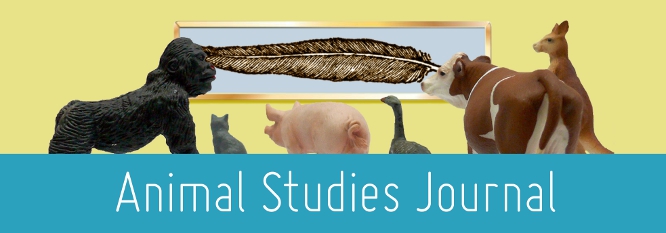Home > assh > ASJ > Vol. 5 (2016) > No. 1

Abstract
What would it mean to permit lack to become a productive place? What, indeed, would it mean to think place – so often feminized in the carnophallogocentric order – as active? Lack, in these terms, could be constitutive rather than a mere marker of absence. I propose that the place of bees in the symbolics of species could yield answers to these and related questions. Insects are often understood and conceived as communicators – through pheromones for instance. But in the very gesture that recognizes their communication, one finds the refusal of consciousness behind this communicative apparatus. If bees are said to lack consciousness, bees nonetheless matter. But what place will bees have as they face extinction? Amidst much else, bees are a medium of pollination for human agriculture. In that sense, bees are a matrix for the very sustenance of the human species: a place for humans. In China, honeybee death has led to the need for human workers to pollinate crops by hand (Goulson). The possible extinction of the honeybee is a potentially devastating effect of the anthropocene. We are tied to bees as long as we are tied to crops and agriculture, but this is not the sole reason to care about bees.
Recommended Citation
Griffiths, Michael R., Provocations from the Field : The Place of Bees, Animal Studies Journal, 5(1), 2016, 198-206.Available at:https://ro.uow.edu.au/asj/vol5/iss1/13
Included in
Art and Design Commons, Australian Studies Commons, Creative Writing Commons, Digital Humanities Commons, Education Commons, Feminist, Gender, and Sexuality Studies Commons, Film and Media Studies Commons, Fine Arts Commons, Philosophy Commons, Social and Behavioral Sciences Commons, Theatre and Performance Studies Commons

